

Articles
How Thick Do Concrete Countertops Need To Be
Modified: August 27, 2024
Learn the ideal thickness for concrete countertops in this informative article. Find out how to achieve durability and aesthetic appeal for your kitchen or bathroom.
(Many of the links in this article redirect to a specific reviewed product. Your purchase of these products through affiliate links helps to generate commission for Storables.com, at no extra cost. Learn more)
Introduction
Concrete countertops have gained popularity in recent years due to their durability, versatility, and aesthetic appeal. Whether you are considering installing concrete countertops in your kitchen or bathroom, one important aspect to consider is the thickness of the countertop. The thickness of the concrete countertop plays a crucial role in determining its strength, durability, and ability to withstand heavy objects.
Understanding the factors that affect the thickness requirements of concrete countertops is essential for both homeowners and contractors. By knowing the minimum thickness recommendations and reinforcement options available, you can ensure that your concrete countertops meet the necessary standards for functionality and longevity. This article will delve into these aspects, providing you with the knowledge you need to make informed decisions regarding the thickness of your concrete countertops.
Key Takeaways:
- Concrete countertop thickness depends on weight distribution, span length, support, and desired edge profile. Thicker slabs offer more design options and require less support, while thinner ones may need additional reinforcement.
- Steel, fiber, and mesh reinforcement options enhance concrete countertop strength and durability. Thicker countertops allow for undermount sinks and various edge detailing, while thinner ones may require additional support during installation.
Factors Affecting Thickness Requirements
Several factors come into play when determining the appropriate thickness for concrete countertops. Understanding these factors will help you make an informed decision and ensure the longevity and stability of your countertops.
Weight Distribution
One crucial factor to consider is the weight distribution of the objects that will be placed on the countertop. If you plan to have heavy appliances or cookware on the countertop, it will require a thicker slab to support the weight without cracking or sagging.
Span Length
The span length refers to the distance between support points on the countertop. Longer spans require greater thickness to ensure the structural integrity of the countertop. If the countertop is spanning a large distance without proper support, it may lead to cracking or deflection.
Support and Reinforcement
The type and quality of the support system and reinforcement used for the countertop also influence the thickness requirements. Proper support and reinforcement, such as steel or fiber reinforcement, can help distribute the weight and provide added strength, allowing for a thinner countertop.
Type and Size of Countertop
The type and size of the countertop also impact the necessary thickness. A larger countertop with complex shapes or curves may require additional thickness to maintain its structural integrity. On the other hand, smaller countertops or those with simple designs may be able to be thinner.
Desired Edge Profile
The desired edge profile of the countertop can also affect the required thickness. Some edge profiles may require additional material to achieve the desired look, resulting in a thicker countertop overall.
Special Requirements (such as overhangs)
If you plan to have overhangs on your countertop, such as for seating or eating areas, extra thickness might be needed to provide sufficient support and prevent any potential cracking or sagging at the edges.
Considering these factors will help you determine the minimum thickness requirements for your concrete countertops, ensuring that they are functional, aesthetically pleasing, and long-lasting.
Minimum Thickness Recommendations
When it comes to the minimum thickness requirements for concrete countertops, there are some general guidelines to consider. These recommendations take into account the factors mentioned earlier to ensure the overall strength and stability of the countertop.
Read more: How Much Do Concrete Countertops Cost
General Guidelines
For most standard concrete countertops, a minimum thickness of 1.5 inches is often recommended. This thickness allows for sufficient strength and durability while keeping the countertop relatively lightweight.
However, it is important to note that thicker countertops may be required based on specific factors such as weight distribution, span length, and desired edge profile. Thicker countertops can provide added strength, especially when supporting heavier objects or spanning larger distances without additional support.
Minimum Thickness for Different Types of Concrete Countertops
The minimum thickness for concrete countertops can vary depending on the type of concrete used and the specific design requirements. Here are some minimum thickness recommendations for different types of concrete countertops:
- Standard Gray Concrete: A minimum thickness of 1.5 to 2 inches is typically recommended for standard gray concrete countertops.
- Pigmented or Colored Concrete: When using pigmented or colored concrete, which may have slightly different properties than gray concrete, a minimum thickness of 1.5 to 2 inches is still appropriate.
- Decorative or Specialty Concrete: If your concrete countertops have decorative elements or unique designs, such as embedded objects or intricate patterns, a minimum thickness of 2 to 2.5 inches is often advised to ensure the structural integrity of the countertop.
- Ultra-High Performance Concrete (UHPC): UHPC is a type of concrete that offers exceptional strength and durability. For UHPC countertops, a minimum thickness of 0.75 to 1.5 inches is typically recommended due to its superior strength properties.
Remember that these thickness recommendations are general guidelines, and it is always recommended to consult with a professional concrete contractor or engineer to determine the specific thickness requirements based on your unique project.
By following these minimum thickness recommendations, you can ensure that your concrete countertops will be strong, durable, and capable of withstanding daily use for years to come.
Reinforcement Options
Reinforcement is an essential component in concrete countertops as it helps increase their strength, durability, and resistance to cracking. There are several reinforcement options available for concrete countertops, each offering its own advantages and considerations.
Steel Reinforcement
Steel reinforcement is a common choice for concrete countertops due to its high tensile strength and ability to withstand heavy loads. The reinforcement is typically in the form of steel bars or wire mesh embedded within the concrete slab. The steel reinforcement helps distribute the load evenly, reducing the risk of cracking and adding structural stability to the countertop.
When using steel reinforcement, it is important to ensure proper placement and coverage. The reinforcement should be evenly spaced throughout the countertop, especially in areas of high stress such as around sinks and corners.
Read more: How Thick Is Patio Concrete
Fiber Reinforcement
Fiber reinforcement involves incorporating small fibers into the concrete mix to enhance its tensile and flexural strength. Fiber options include synthetic fibers, such as polypropylene, or natural fibers, such as glass or steel fibers.
Fiber reinforcement can help minimize the formation of shrinkage cracks, increase impact resistance, and improve overall durability. It is commonly used for smaller countertop applications or projects that do not require heavy reinforcement.
Mesh Reinforcement
Mesh reinforcement consists of a grid-like pattern of steel wires that are laid out within the concrete formwork. The mesh reinforcement provides stability and strength throughout the countertop, preventing cracks from forming and spreading.
Mesh reinforcement is easy to handle and install, making it a popular choice for DIY concrete countertop projects. It is important to ensure proper placement and secure the mesh to avoid displacement during the pouring and curing process.
When choosing a reinforcement option, it is crucial to consider the specific requirements of your concrete countertop project. Factors such as the anticipated weight load, span length, and overall design will influence the type and amount of reinforcement needed. Consulting with a professional contractor or engineer can help determine the most suitable reinforcement option for your specific project.
By incorporating proper reinforcement, you can significantly enhance the strength and longevity of your concrete countertops, ensuring they withstand the test of time and daily use.
Impact of Thickness on Design and Installation
The thickness of concrete countertops not only affects their strength and durability but also plays a significant role in the design and installation process. Understanding the impact of thickness can help you make informed decisions when it comes to sink and appliance mounting, edge detailing, and support systems.
Sink and Appliance Mounting
The thickness of the countertop determines how sink and appliances can be installed. For thicker countertops, undermount sinks can be securely attached from beneath the countertop, providing a seamless and clean look. Thinner countertops may require drop-in or top-mounted sinks, which sit on top of the countertop surface. The thickness of the countertop influences the compatibility and ease of installation for different types of sinks and appliances.
Read more: How Thick Are Granite Countertops
Edge Detailing
The thickness of the countertop also affects the available options for edge detailing. Thicker countertops provide more material to work with, allowing for different edge profiles such as bullnose, beveled edge, or custom designs. Thinner countertops may have limited options for edge detailing, as they have less material to shape and manipulate.
It is important to consider the desired edge profile when determining the thickness of the countertop to ensure that it can accommodate the chosen design and provide the desired aesthetic appeal.
Support Systems
The thickness of the countertop is closely related to the support systems needed during installation. Thicker countertops have greater strength and load-bearing capacity, requiring less support in the form of brackets or additional structural reinforcement.
Thinner countertops, on the other hand, may require additional support systems, such as hidden brackets or corbels, to provide adequate support and prevent sagging or cracking. It is important to consult with professionals during the design and installation process to ensure that the appropriate support systems are implemented based on the thickness of the countertop.
Consideration of these design and installation factors in relation to the thickness of the concrete countertops is crucial to ensure a successful and visually appealing end result. By understanding the impact of thickness, you can make informed decisions regarding sink and appliance mounting, edge detailing, and the implementation of appropriate support systems, all while ensuring the structural integrity and longevity of your concrete countertops.
Conclusion
When it comes to concrete countertops, the thickness of the slab is an important consideration that directly affects their strength, durability, and overall design. By understanding the factors that impact thickness requirements and considering the minimum thickness recommendations, you can ensure that your concrete countertops are structurally sound and capable of withstanding daily use.
Factors such as weight distribution, span length, support and reinforcement, and desired edge profile all play a role in determining the appropriate thickness for your countertops. Taking these factors into account will help you make informed decisions and ensure that your countertops meet the necessary standards for functionality and longevity.
Reinforcement options, such as steel reinforcement, fiber reinforcement, and mesh reinforcement, can enhance the strength and durability of your concrete countertops. Understanding the benefits and considerations of each reinforcement option will help you choose the most suitable one for your specific project.
The thickness of the countertop also impacts the design and installation process. Thicker countertops offer more options for sink and appliance mounting as well as edge detailing, while support systems may be required for thinner countertops to ensure stability and prevent sagging or cracking.
In conclusion, determining the appropriate thickness for your concrete countertops requires careful consideration of various factors. By understanding the impact of thickness on strength, design, and installation, you can make informed decisions that result in functional, visually appealing, and long-lasting concrete countertops.
Whether you’re a homeowner or a contractor, consulting with professionals in the field of concrete countertop installation will provide valuable insights and expertise to ensure a successful outcome. Trusting the expertise and guidance of professionals will help you achieve your desired results and enjoy the beauty and functionality of your concrete countertops for years to come.
Frequently Asked Questions about How Thick Do Concrete Countertops Need To Be
Was this page helpful?
At Storables.com, we guarantee accurate and reliable information. Our content, validated by Expert Board Contributors, is crafted following stringent Editorial Policies. We're committed to providing you with well-researched, expert-backed insights for all your informational needs.
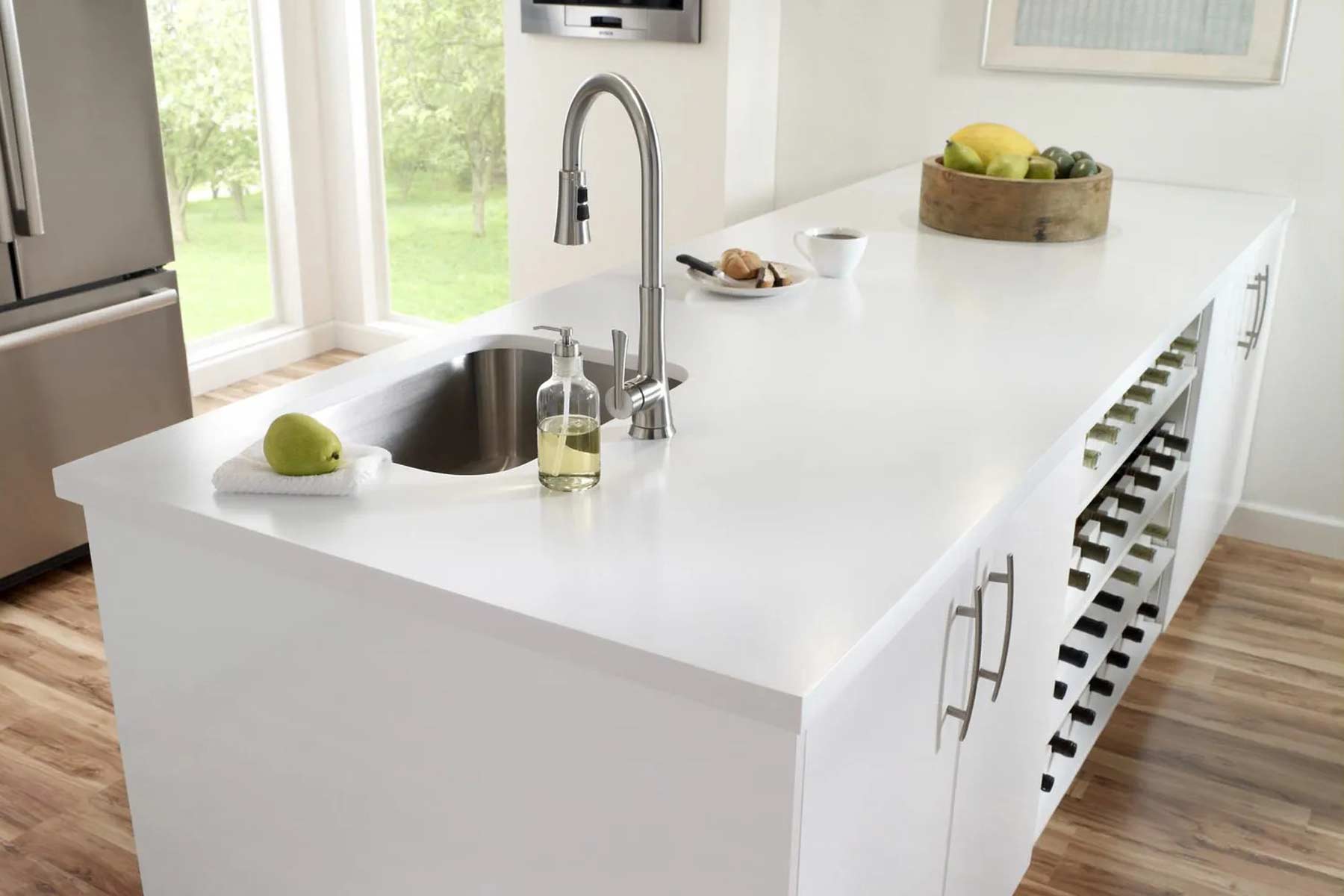
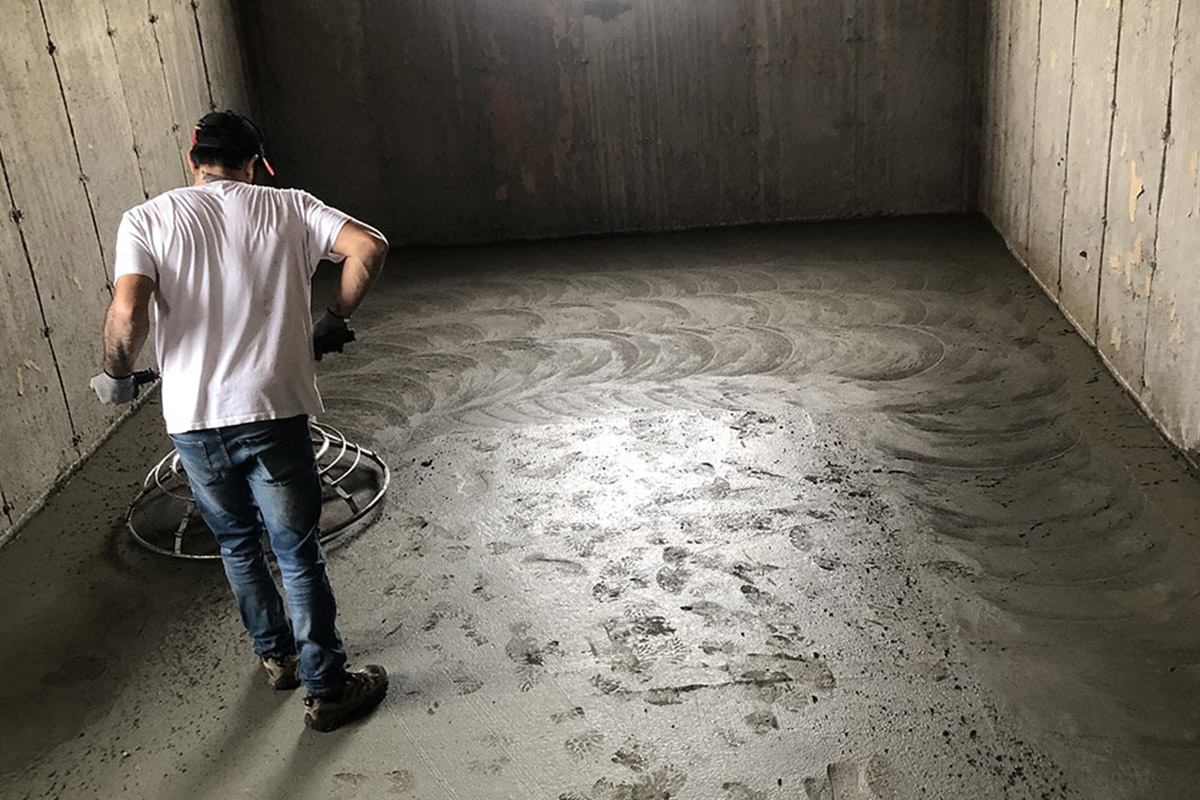
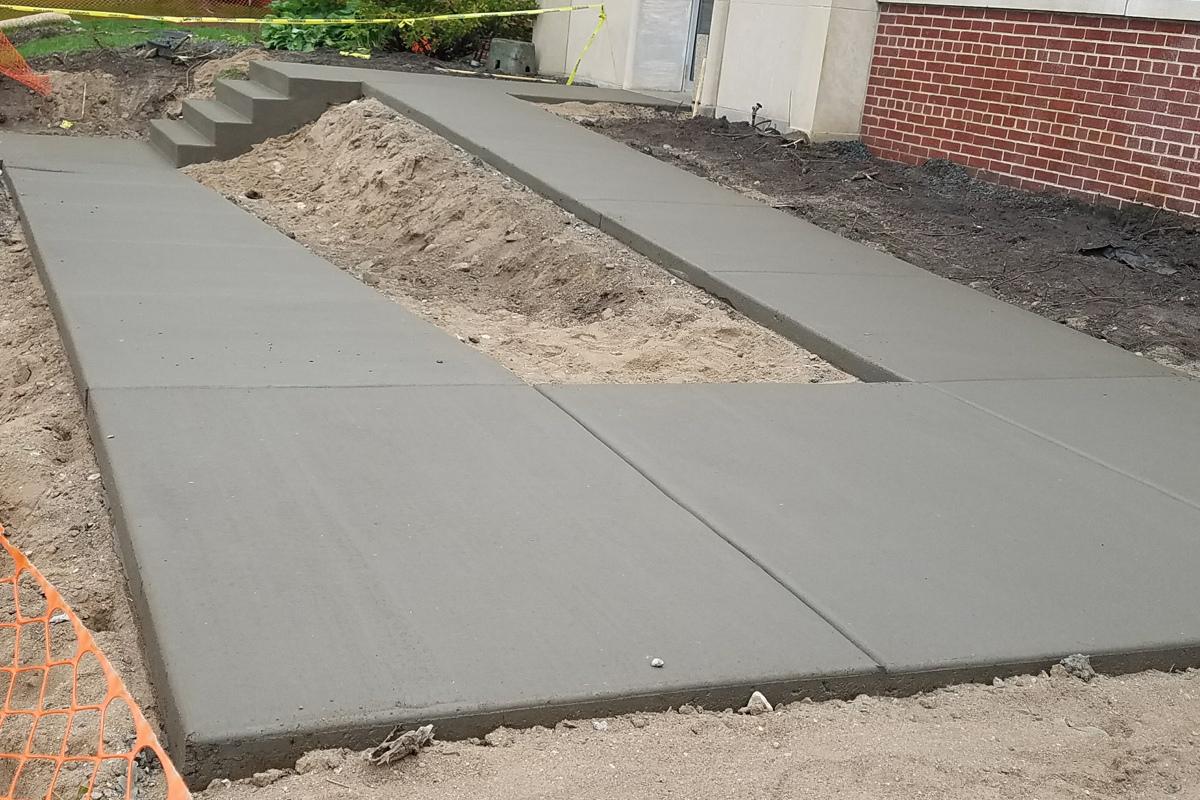
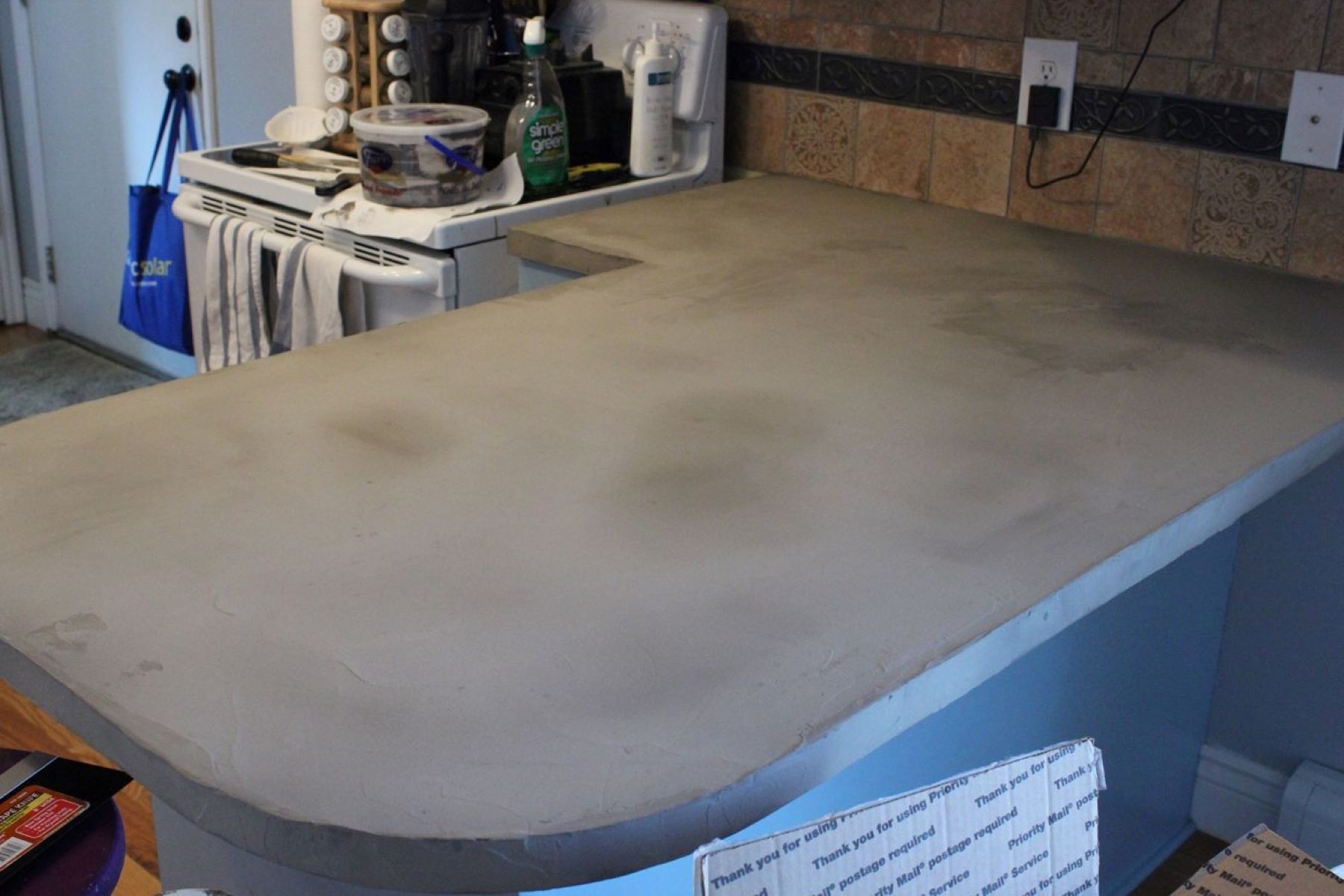
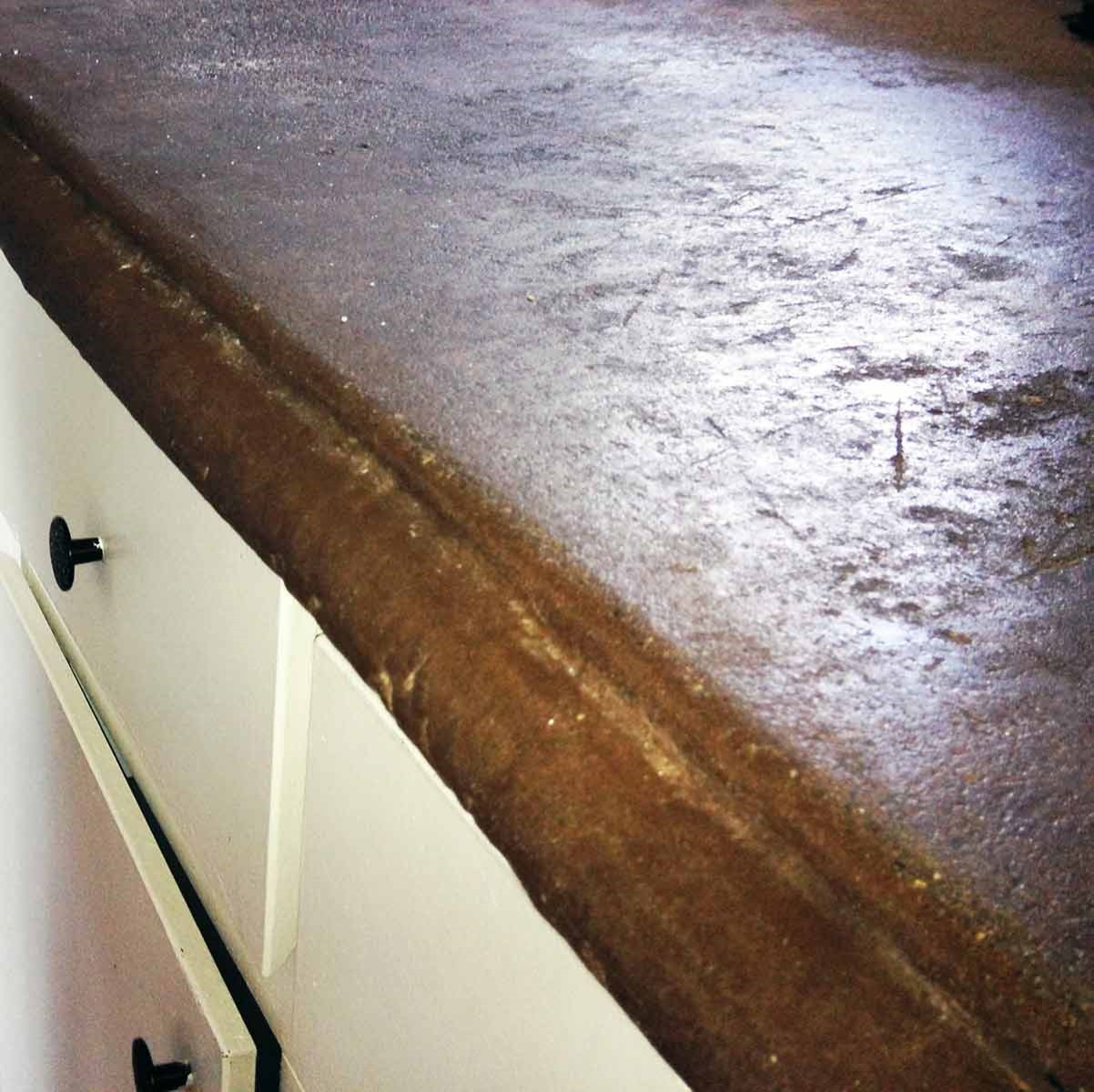
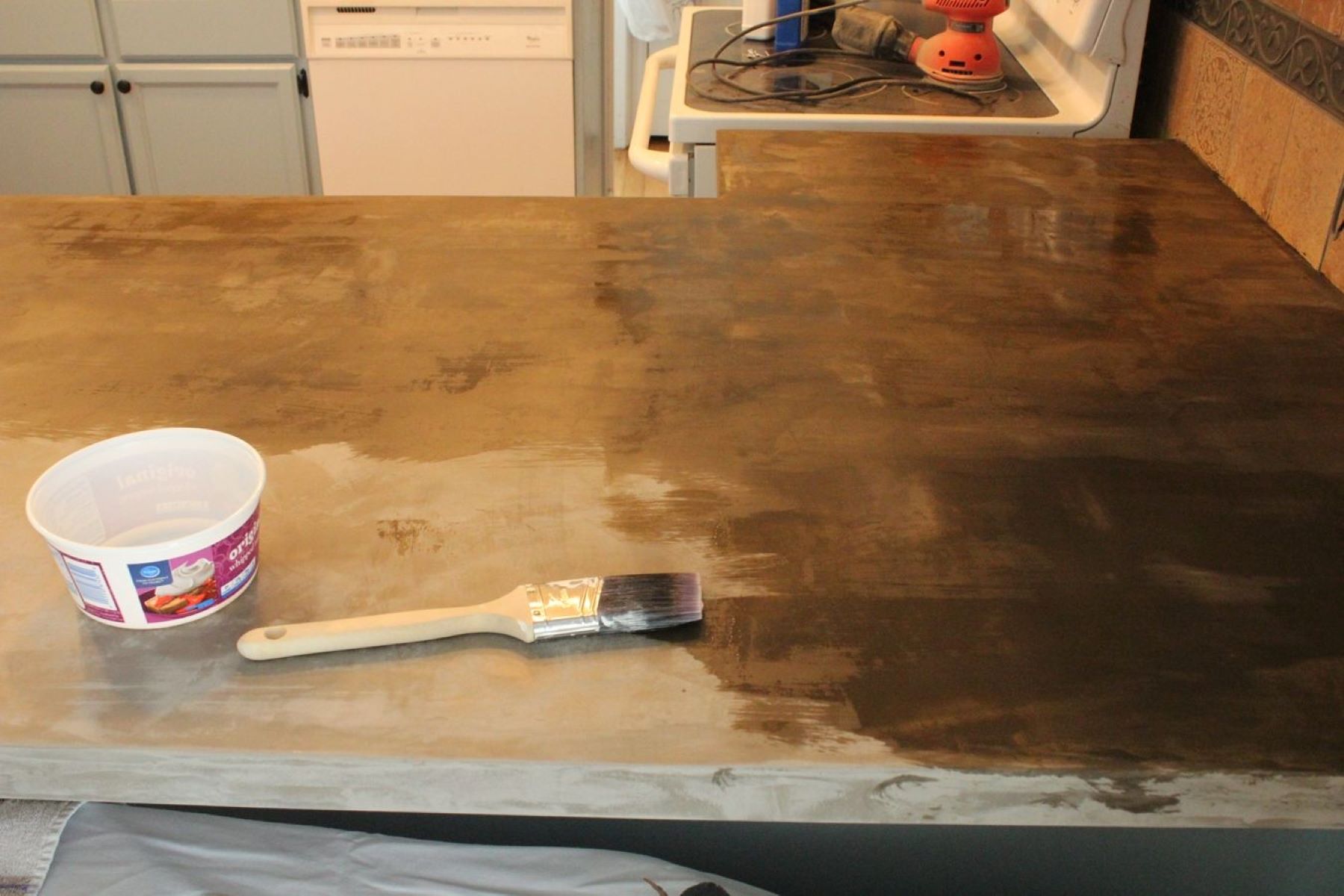
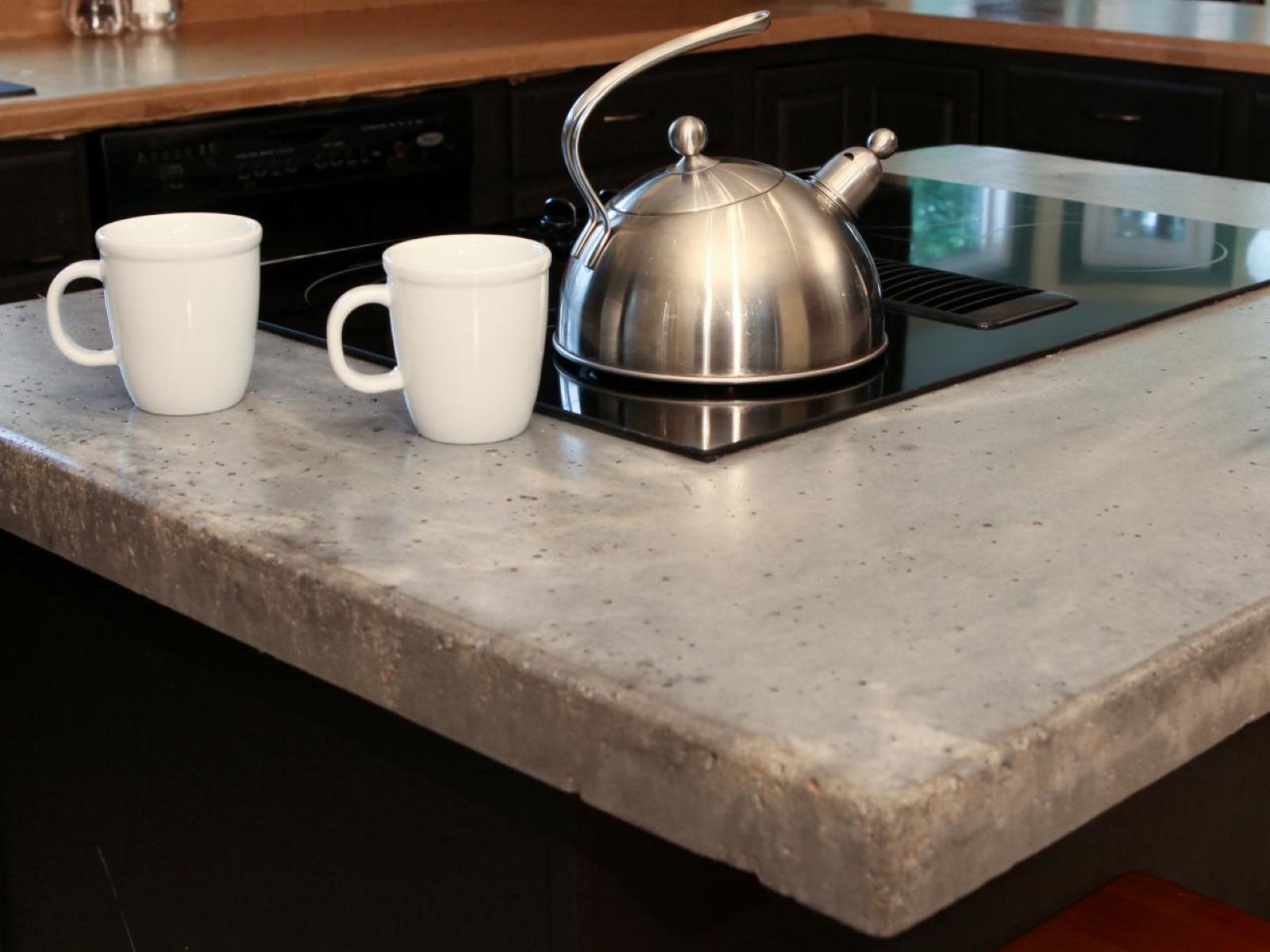
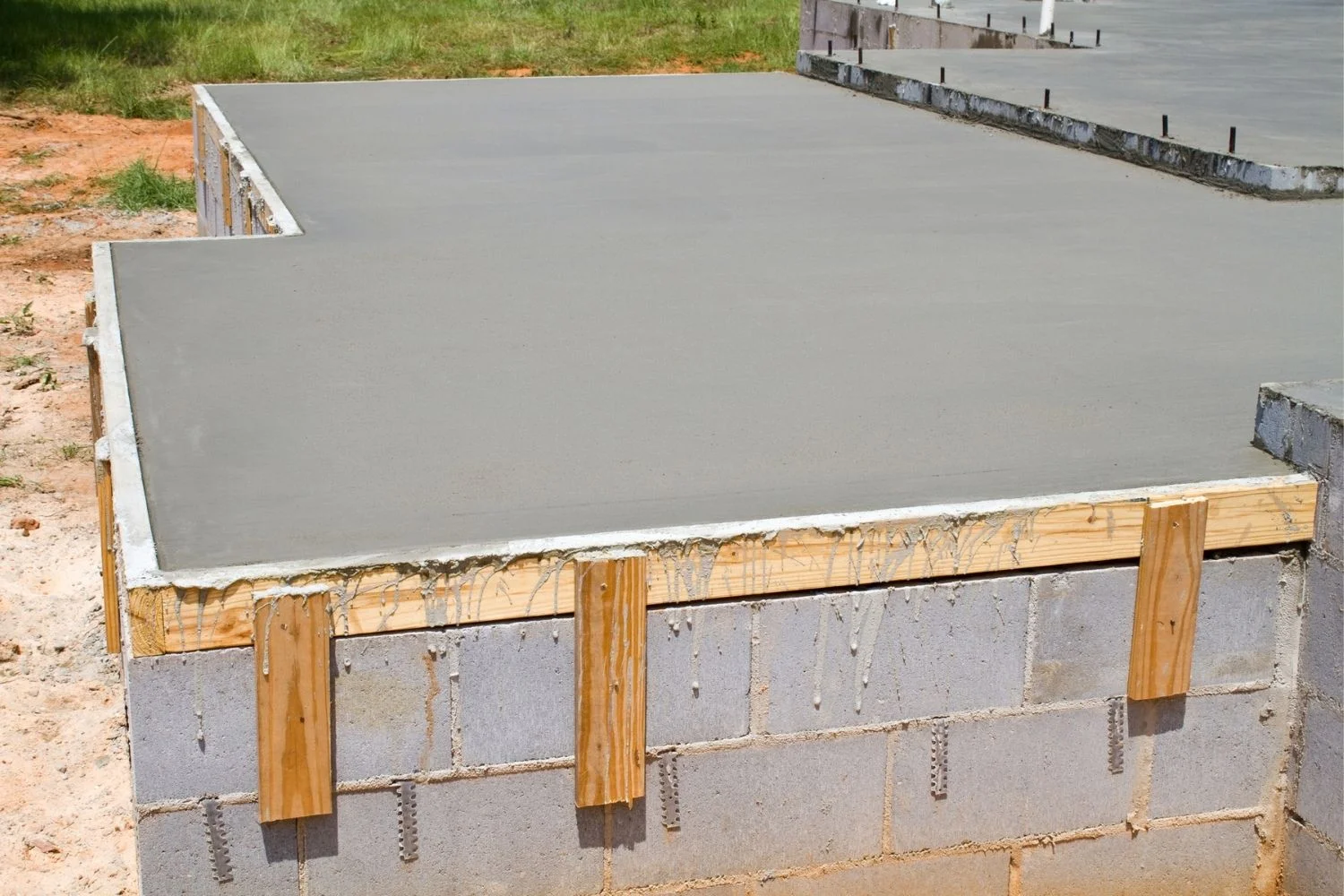
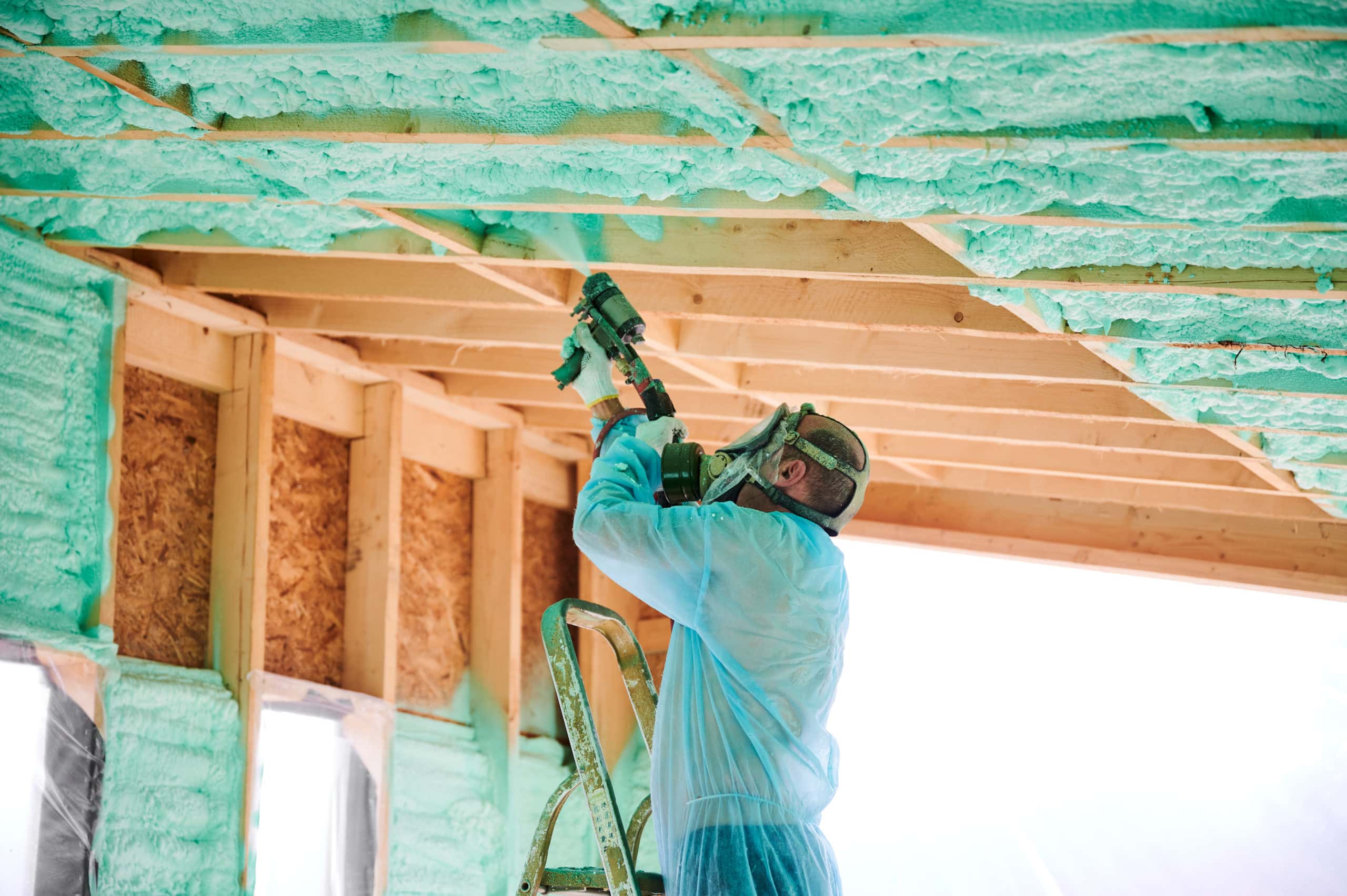
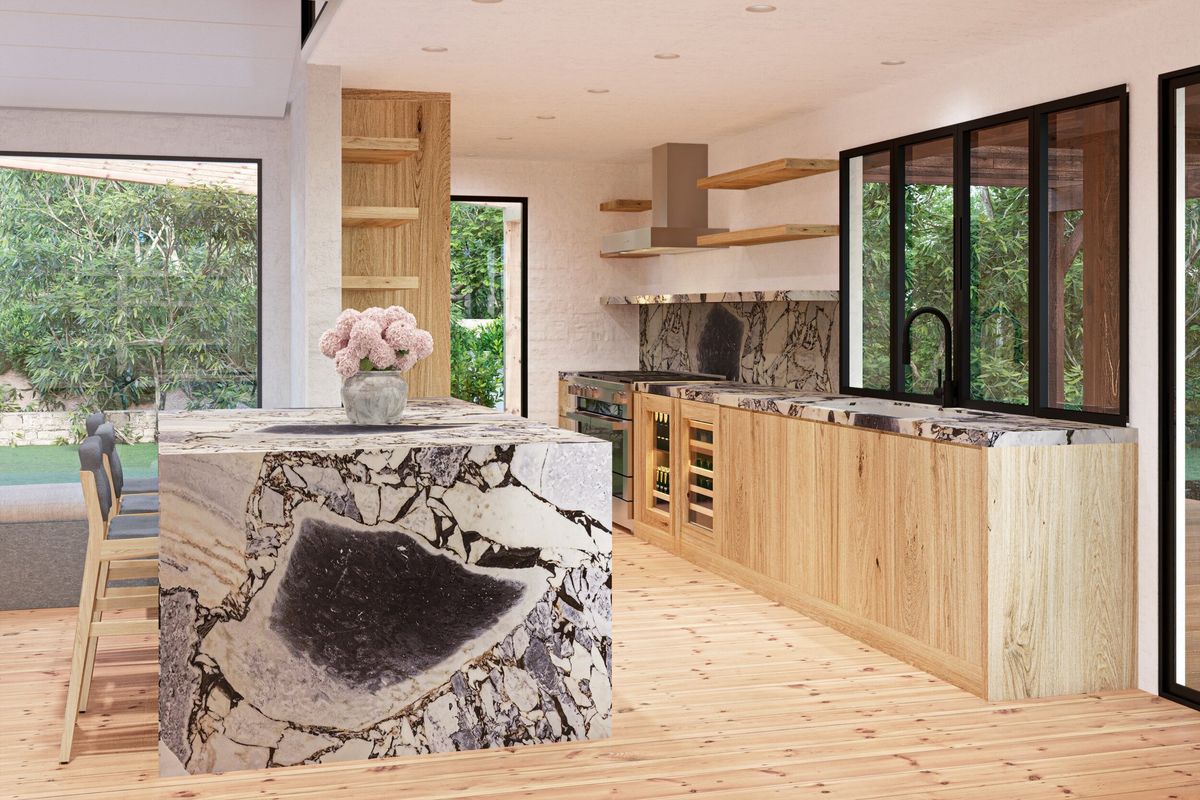
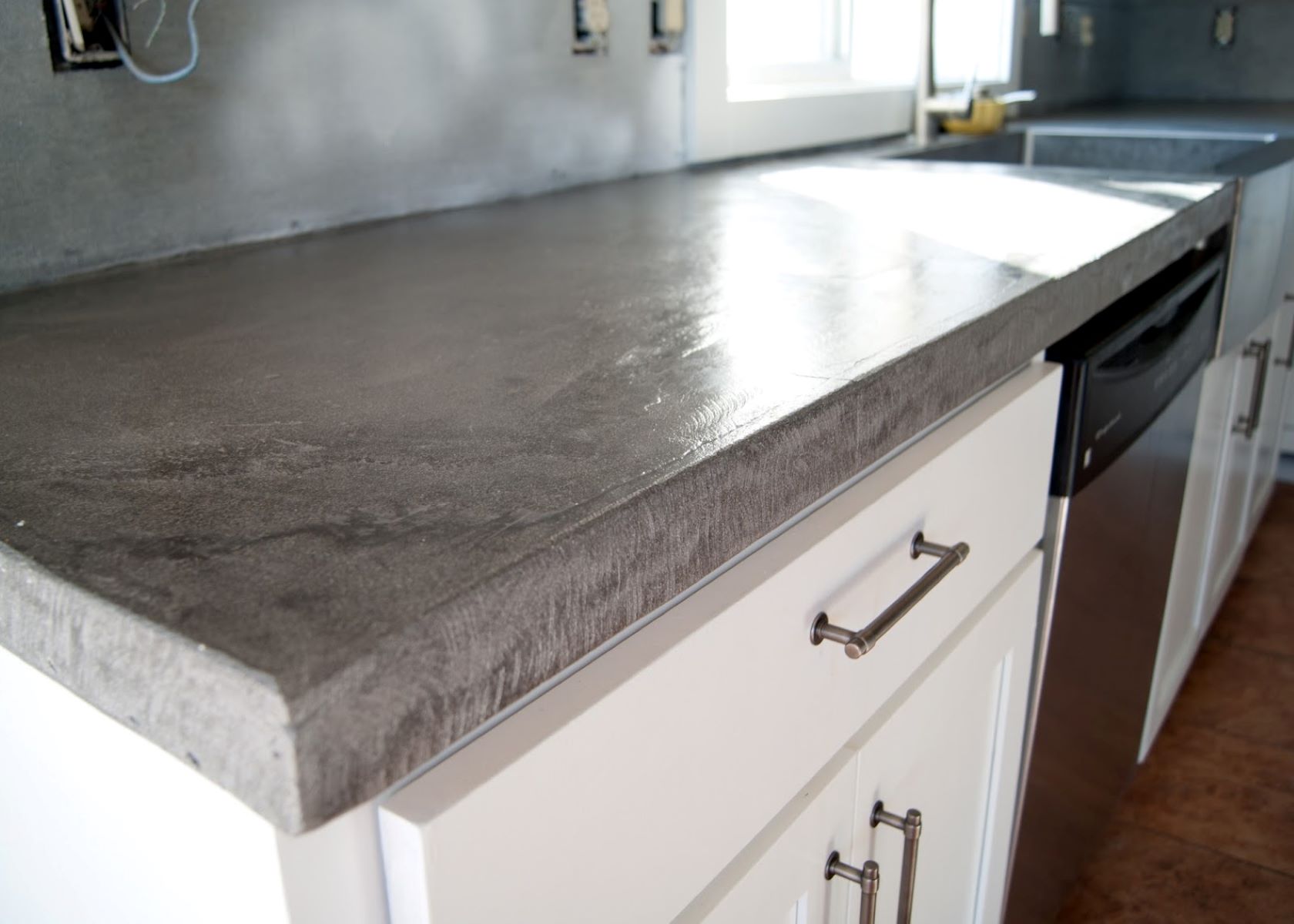

0 thoughts on “How Thick Do Concrete Countertops Need To Be”